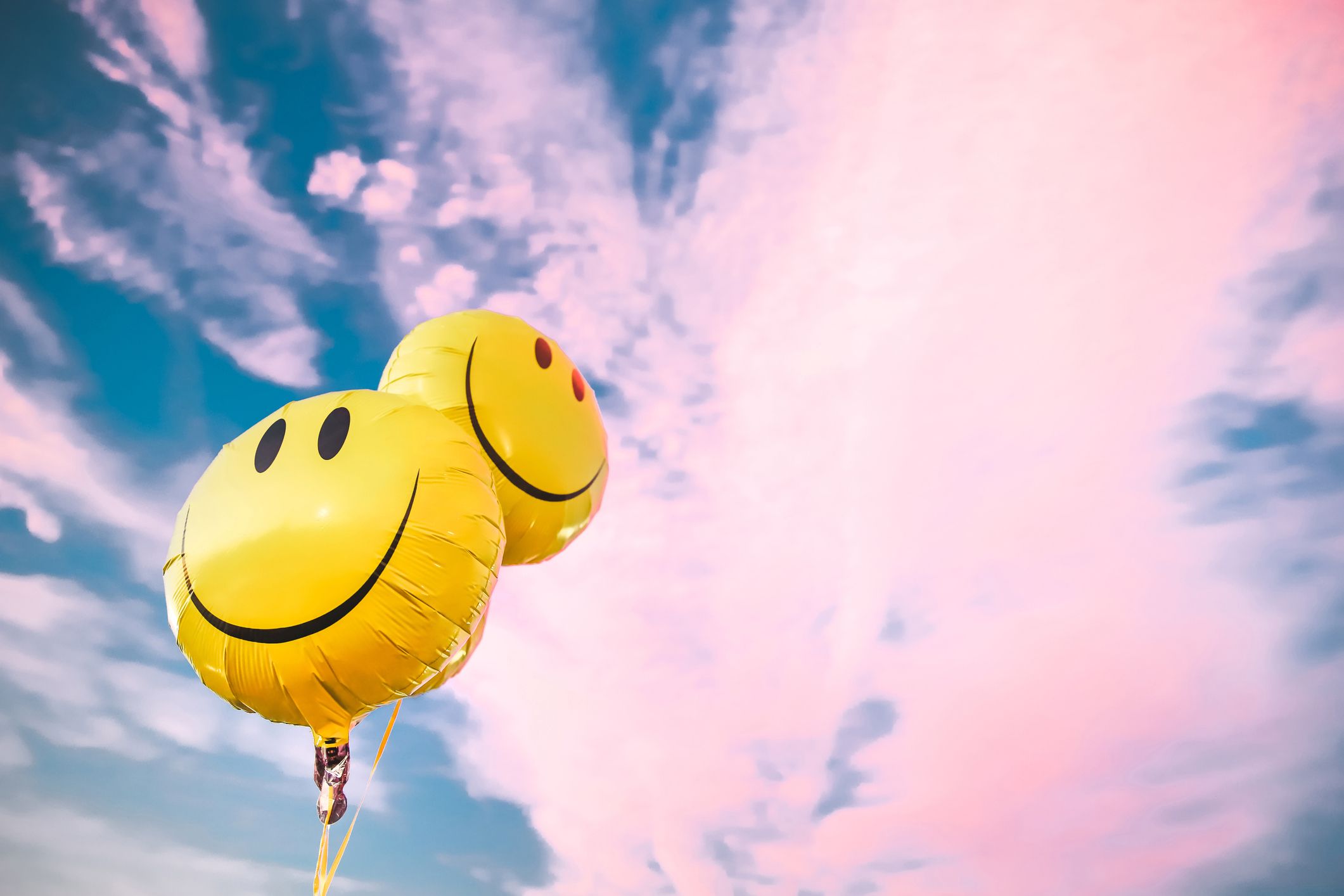Embracing Happy Kwanzaa: A Guide To Its Rich History And Joyful Traditions
When December arrives, the air fills with a certain warmth, you know, a feeling of togetherness and joy. For many, this time brings thoughts of family, community, and heritage. Among the various celebrations that brighten the end of the year, there's a truly special one that honors African family and social values: Kwanzaa. Wishing someone a happy Kwanzaa is a kind gesture, a way to connect and show genuine respect for their background and the rich culture it represents. It's a period for learning, for family bonds, and for a good deal of celebration, too.
This annual observance, which happens primarily in the United States, stretches from December 26th right through to January 1st. It's a time when families and communities come together, basically, to share big meals, to remember those who came before them, and to really strengthen the connections they have with each other. It's all about celebrating African and African American culture in a meaningful way, you see.
So, whether you are attending a Kwanzaa gathering, or perhaps you just want to understand more about this significant cultural observance, knowing how to offer warm wishes can make a real difference. In this guide, we're going to explore what Kwanzaa is all about, where it comes from, its guiding principles, and how you can share in its spirit by saying "happy Kwanzaa" in ways that really connect with people.
Table of Contents
- The Heart of Happy Kwanzaa: What It's All About
- The Nguzo Saba: Kwanzaa's Guiding Lights
- Celebrating Kwanzaa: Traditions and Gatherings
- Sharing Warmth: How to Say "Happy Kwanzaa"
- Kwanzaa's Enduring Spirit: Themes and Messages
- Frequently Asked Questions About Kwanzaa
The Heart of Happy Kwanzaa: What It's All About
Kwanzaa, at its core, is a joyous celebration that really honors African heritage and its deep values. It's a time for families and communities to come together, basically, to remember the past and to celebrate African American culture in a very special way. During this festive season, it's pretty common to greet others with warm wishes, expressing goodwill and happiness, you know, just like you would for any other significant holiday.
A Look Back: Kwanzaa's Beginnings
This holiday, which combines aspects of various traditions, was first celebrated back in 1966. It was created during the Civil Rights Movement, a time when many were seeking to affirm their identity and cultural pride. So, it's not just a holiday; it's got a really important historical context, too, that makes it quite meaningful for a lot of people.
The Visionary Behind Kwanzaa: Dr. Maulana Karenga
The name Kwanzaa and the celebration itself were thought up in 1966 by Dr. Maulana Karenga. He's a professor of Africana studies and a really important figure in Afrocentrism. His idea was to create a holiday that was based on African harvest festival traditions, drawing from various parts of West, East, and even Southeast Africa. He basically brought together these different threads to form something new and powerful for the African diaspora.
Dr. Karenga has, as a matter of fact, always sought to offer an annual Kwanzaa theme and an annual Kwanzaa founder’s message. He sees these as serving as a kind of framework and focus for the "world African" community, offering guidance and reflection each year. For instance, the 2024 theme is "Celebrating Kwanzaa in Difficult and Demanding Times, Lifting Up the Light That Lasts."
Personal Details and Bio Data: Dr. Maulana Karenga
| Full Name | Maulana Karenga |
| Born | July 14, 1941 |
| Known For | Creator of Kwanzaa, Professor of Africana Studies, Important figure in Afrocentrism |
| Affiliation | Organization Us (cultural nationalist organization) |
| Key Contribution | Devised Kwanzaa in 1966 to affirm African family and social values |
When and Where We Celebrate
Kwanzaa is an annual holiday, as I was saying, affirming African family and social values. It's celebrated primarily in the United States, from December 26th to January 1st. It's interesting, isn't it, how the catchall sayings like "seasons greetings" and "happy holidays" arguably extend to so many different celebrations, including Christmas, Hanukkah, Three Kings Day, Chinese New Year, St. Lucia Day, and yes, even Kwanzaa. This shows how it's becoming a recognized part of the wider holiday season.
The Nguzo Saba: Kwanzaa's Guiding Lights
Kwanzaa is built around seven core principles, which are called the Nguzo Saba. These principles are really important because they give meaning to the celebration and guide the activities that take place each day. Each day of Kwanzaa, families light a candle to highlight the principle of that day, and they breathe meaning into these principles with various activities. It's a way to basically live out the values. Here's what they mean:
- Umoja (Unity): This principle is all about striving for and maintaining unity in the family, in the community, in the nation, and in the race. It's about sticking together, you know, as one group.
- Kujichagulia (Self-Determination): This means defining ourselves, naming ourselves, creating for ourselves, and speaking for ourselves. It's about having control over your own story and identity, which is pretty powerful.
- Ujima (Collective Work and Responsibility): This principle encourages us to build and maintain our community together and to make our brothers' and sisters' problems our problems, and to solve them together. It's basically about pitching in and helping out, as a community.
- Ujamaa (Cooperative Economics): This is about building and maintaining our own stores, shops, and other businesses, and to profit from them together. It's about supporting each other economically, which is a big deal for community strength.
- Nia (Purpose): This principle calls for us to make our collective vocation the building and developing of our community in order to restore our people to their traditional greatness. It's about having a shared goal that uplifts everyone, you see.
- Kuumba (Creativity): This means doing as much as we can, in the way we can, in order to leave our community more beautiful and beneficial than we inherited it. It's about making things better and adding beauty to the world around us, basically.
- Imani (Faith): This principle is about believing with all our heart in our people, our parents, our teachers, our leaders, and the righteousness and victory of our struggle. It's about having trust and confidence in your community and its future, which is pretty essential, you know.
Celebrating Kwanzaa: Traditions and Gatherings
Kwanzaa is a time for learning, for family connections, and for joyful celebration. It's a period when communities truly come together, and there are specific traditions that make this holiday so special. Families gather for the big meal, and it’s basically essential to speak to them warmly and show them how much you care during this happy occasion. It’s all about reinforcing those bonds, you know.
Lighting the Candles: A Daily Ritual
During the week of Kwanzaa, each day involves lighting a candle. This ritual is pretty central to the celebration. Each candle represents one of the seven principles, and as the candle is lit, families talk about that day's principle. They breathe meaning into these principles with various activities, such as discussions, storytelling, and sometimes even performances. It’s a very visual way to engage with the values.
Feasts and Family Bonds
Sharing a feast, often called a Karamu, is a really important part of Kwanzaa. These gatherings are a chance for families and communities to share food, laughter, and stories. It's a time to honor ancestors, affirm the bonds between everyone, and simply celebrate African and African American culture. These meals are, in a way, a tangible expression of unity and collective joy, too.
Connecting Through Culture
Beyond the candles and the food, Kwanzaa is a time for cultural expression. This might involve music, dance, poetry, or other art forms that reflect African heritage. It’s a moment to reinforce cultural identity and pass on traditions to younger generations. The whole atmosphere is really about connecting with one's roots and celebrating the richness of African and African American contributions to the world, you know, which is pretty cool.
Sharing Warmth: How to Say "Happy Kwanzaa"
Knowing how to wish someone a happy Kwanzaa can create a meaningful connection and shows genuine respect for their heritage. It's a simple gesture that carries a lot of weight. Sending happy Kwanzaa wishes to someone who celebrates is, as a matter of fact, a nice way to connect and show you care.
Traditional Greetings and Their Meaning
The most common greeting you'll hear is, of course, "Happy Kwanzaa." This phrase should be received as best wishes for a good season celebrating and practicing the seven principles. It’s straightforward and widely understood. However, in Kiswahili, the language of Kwanzaa, the traditional greeting would be "Heri za Kwanzaa." This phrase basically means "Good Kwanzaa" or "Kwanzaa blessings."
Another common greeting you might hear is "Habari Gani?" which translates to "What's the news?" or "What's the word?" The response to this question usually involves stating the principle of the day. For example, on December 26th, the response would be "Umoja!" (Unity). This interactive greeting really reinforces the daily focus on the principles, you know, making it quite unique.
Showing Respect and Connection
Whether you use "Happy Kwanzaa" or the Kiswahili phrases, the important thing is the spirit behind your words. It’s about expressing goodwill and happiness during this festive season. It shows you recognize and respect this cultural observance. You can find more ideas for heartwarming Kwanzaa wishes and greetings, and tips to make your Kwanzaa greeting extra meaningful, on sites like Hallmark's Kwanzaa wishes page, for example. It's all about making your message resonate, you see.
Kwanzaa's Enduring Spirit: Themes and Messages
Dr. Maulana Karenga, the founder, has a practice of providing an annual Kwanzaa theme and an annual Kwanzaa founder’s message. He has basically sought to offer a theme and message which serve as a framework and focus for the "world African" community. This helps keep the celebration relevant and provides a point of reflection for those observing it each year. For instance, the 2024 theme, "Celebrating Kwanzaa in Difficult and Demanding Times, Lifting Up the Light That Lasts," really speaks to current global situations, too, and offers a message of resilience and hope.
This ongoing guidance helps ensure that Kwanzaa remains a living, breathing celebration that addresses contemporary issues while staying true to its founding principles. It's a pretty powerful way to keep the holiday fresh and meaningful, honestly. You can learn more about Kwanzaa on our site, and we also have more information available on this page .
Frequently Asked Questions About Kwanzaa
What is the meaning of Kwanzaa, and what are its seven principles?
Kwanzaa is a celebration that honors African heritage and values, basically. It's built upon African cultural practices and was created during the Civil Rights Movement. Its seven core principles, called the Nguzo Saba, are Umoja (Unity), Kujichagulia (Self-Determination), Ujima (Collective Work and Responsibility), Ujamaa (Cooperative Economics), Nia (Purpose), Kuumba (Creativity), and Imani (Faith). These principles guide the celebration and provide a framework for community and personal growth, you know.
How do you greet someone celebrating Kwanzaa with traditional phrases?
The most common greeting is "Happy Kwanzaa." However, in Kiswahili, the language of Kwanzaa, you can say "Heri za Kwanzaa," which means "Good Kwanzaa" or "Kwanzaa blessings." Another traditional greeting is "Habari Gani?" which means "What's the news?" The proper response to this is the principle of the day, for example, "Umoja!" on the first day. Sending these wishes is a nice way to connect and show respect for their heritage, as a matter of fact.
When is Kwanzaa celebrated, and who created it?
Kwanzaa is celebrated annually from December 26th to January 1st, primarily in the United States. It was created in 1966 by Dr. Maulana Karenga, a professor of Africana studies and an important figure in Afrocentrism. He devised the holiday based on African harvest festival traditions from various parts of West, East, and Southeast Africa. It's a relatively new holiday, but it has quickly become a very significant one for many people, too.

So Happy for You Images: Spread the Joy with These Inspiring Photos

How to be nearly always happy - Zilvold Coaching & Training

Emoji Png Transparent Images Png All